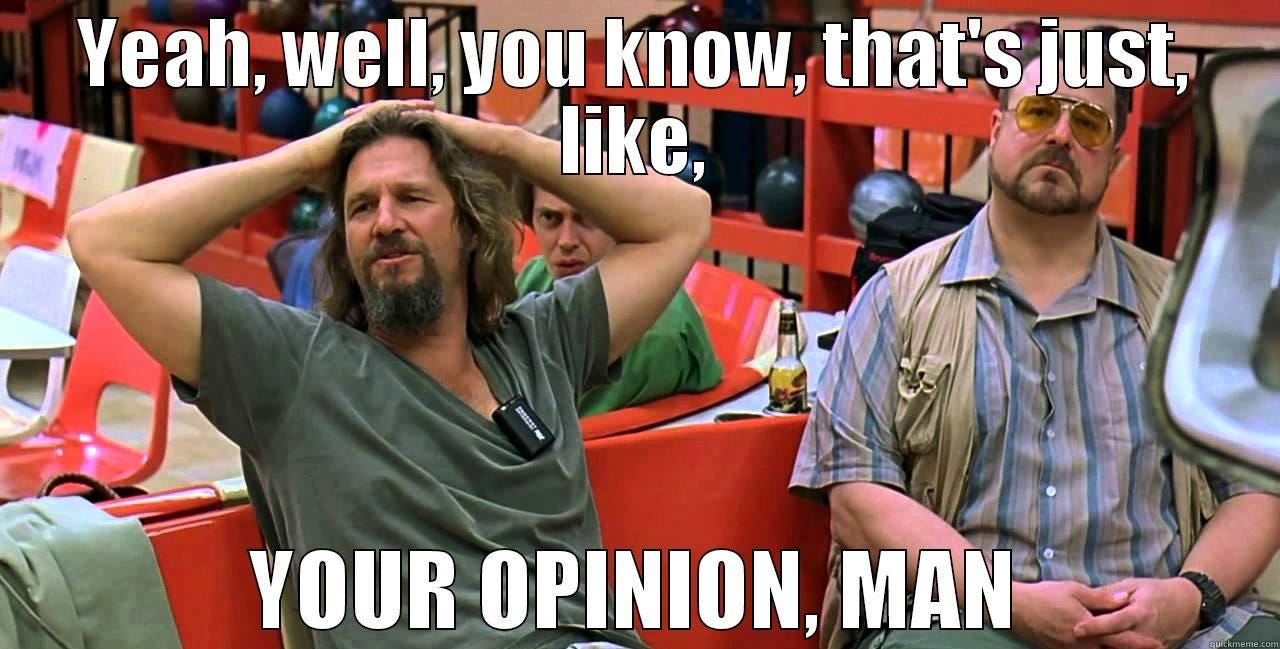Opinions in an Objective Reality
tl;dr: Opinion-based proclamations about objective truth are invalid.
When I was young, I was taught that everyone is entitled to their own opinion. I imagine most of us heard that at some point growing up. While this has always made sense to me, the way in which it makes sense has changed significantly between then and now.
Back then, I was under the impression that an opinion was something people chose to believe about quite literally anything, from objective facts about the universe to their own subjective tastes in things like food and music.
Eventually, I began to understand how, by that definition, everyone was most certainly not entitled to their own opinion. Not because we aren’t all allowed to believe the things we’ve become convinced of, but because having an opinion about the truth of an objective matter simply doesn’t make sense.
I’ll elaborate on the previous point shortly, but first, understand that this distinction allows me to continue supporting the idea that everyone is entitled to their own opinions, by adding the caveat that only opinions on subjective matters are valid in the first place.
When we form an opinion on a subjective matter, we absorb and process related information. Once this has begun, we immediately look inward and quickly start to recognize how we feel about what we’re experiencing. Those feelings inform our opinions.
We hear a piece of music, feel that it’s enjoyable, and express that feeling as an opinion.
We try a new dish at a restaurant, feel that it tastes delicious (hopefully), and express that feeling as an opinion.
We may not be able to identify the exact feelings in question, and it’s probably unreasonable to expect anyone to explain them, e.g. “why is this joke funny?”.
Once we’ve had an experience, it’s nearly impossible to avoid having some opinion about it, because opinions are just about how we feel.
Now imagine if we assessed objective matters this way. What would that look like?
We discover some piece of evidence which challenges our current understanding of the world, feel uncomfortable about it in some way, and decide… that it’s incorrect? To disregard it in favor of more comfortable falsehoods?
For subjective matters, the very feeling of discomfort plays a key role in forming a valid opinion. However, for objective matters, while the feeling of discomfort is certainly valid, it only speaks to how we feel about the truth. It tells nothing about truth itself.
For this reason, I find it meaningful and practical to regard opinions as invalid when they exist in the form of proclamations about objective truths.





